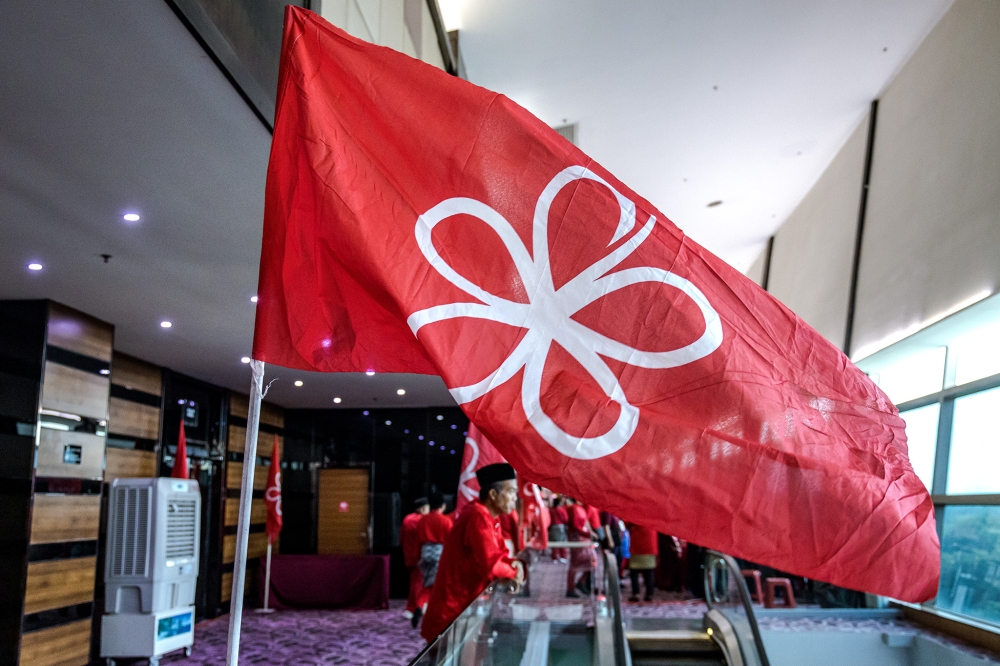KUALA LUMPUR, Aug 26 — Deputy Youth and Sports Minister Senator Wan Ahmad Fayhsal Wan Ahmad Kamal said today that Parti Pribumi Bersatu Malaysia’s Youth wing continues to support the abolishment of vernacular schools in the country.
Wan Ahmad Fayhsal, who was recently appointed as the Armada wing chief, claimed in a statement that the vernacular schools have not produced students who possess a “strong national identity”.
“Armada completely rejects the statement that vernacular schools will not be closed,” he said, referring to a remark by National Unity Minister Datuk Halimah Sadique in Parliament yesterday.
“Although the Education Act 1996, which replaced the Education Act 1961, abolished the discretion of the minister of education to close vernacular schools at any time, vernacular schools clearly have a negative perception with the common people when they fail to produce students who can show a strong national identity.
“Moreover, there are many views that its establishment remains in conflict with the Federal Constitution,” he added.
During Oral Question time yesterday, Halimah was responding to a question on whether she agreed that vernacular schools were an obstacle to unity among races.
However, she did not provide a straightforward answer and instead stressed that all students must embrace the Rukun Negara to achieve national unity.
Wan Ahmad Fayshal continued to argue, citing among others a study by Universiti Kebangsaan Malaysia’s Prof Datuk Teo Kok Seong — who was recently appointed into the ministry’s National Unity Advisory Council — found that many vernacular school graduates could only show the mastery of their own mother tongue.
This, he said, is at odds with the need to master the national language.
“Superior national identity also requires not only fluency but also good mastery of the national language.
“The average vernacular school student is only able to exhibit the identity of ‘certain ethnicities’ according to school that are separated based on ethnicity.
“So if evaluated, on average they do not look national or do not reflect the national image in the determination to achieve national integration,” he said.
Several Malay-Muslim groups are currently challenging the constitutionality of vernacular schools in court in different suits.
Article 152(1) states that the national language shall be the Malay language and that no person shall be prohibited or prevented from using (except for official purposes) or from teaching or learning any other language.
Vernacular schools continue to grow in popularity in Malaysia, with an increasing number of non-Malay parents preferring to send their children to Mandarin- and Tamil-language schools over the Malay-language national schools.
Defenders of Bumiputera special privileges regularly target vernacular schools to deflect demands for equal treatment of the country’s races after decades of race-based affirmative action.












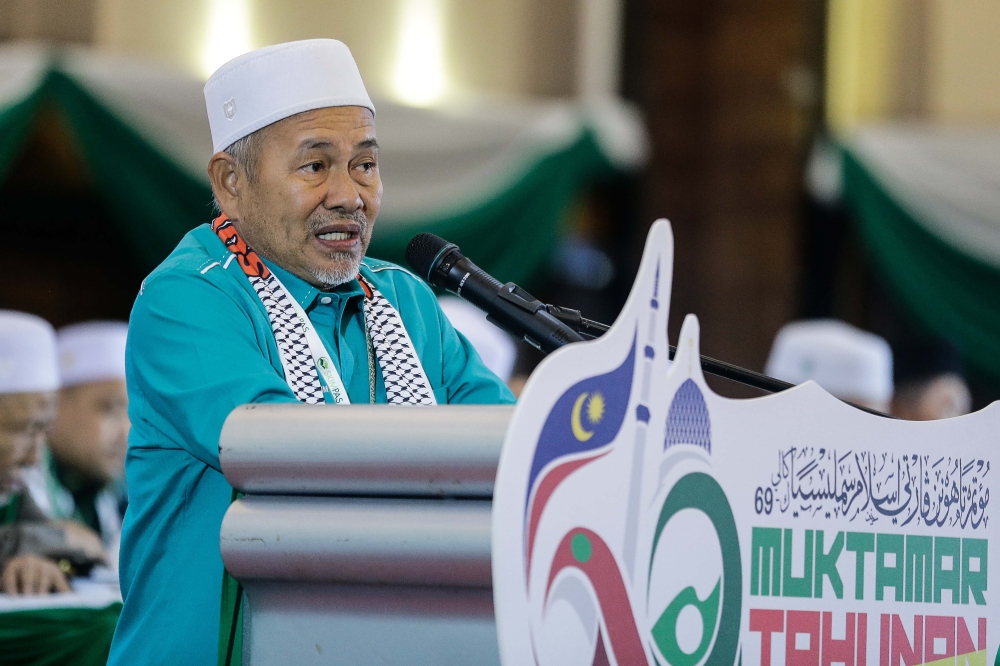
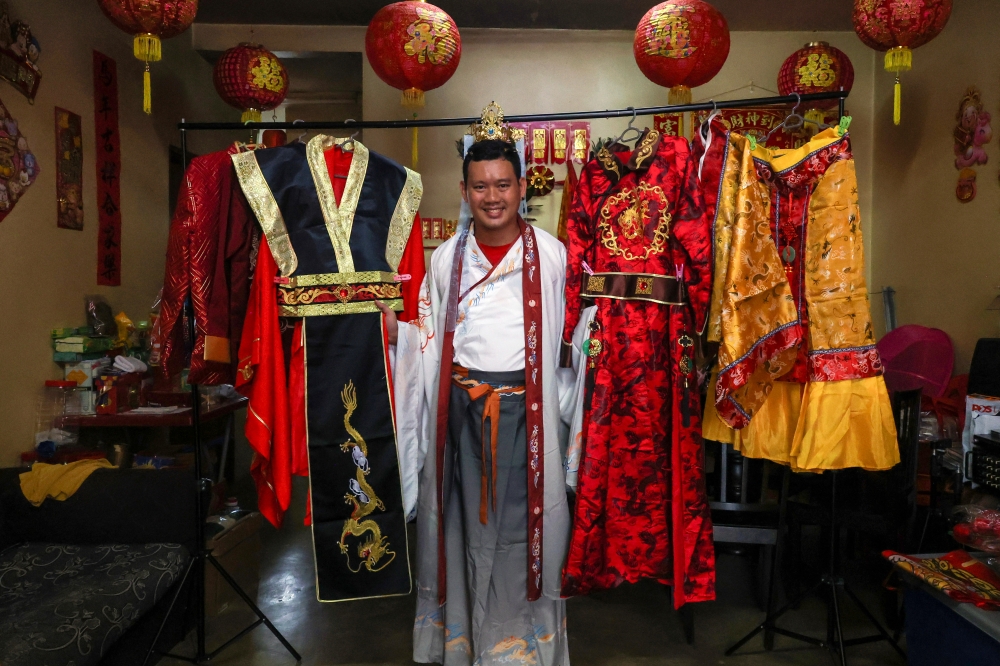
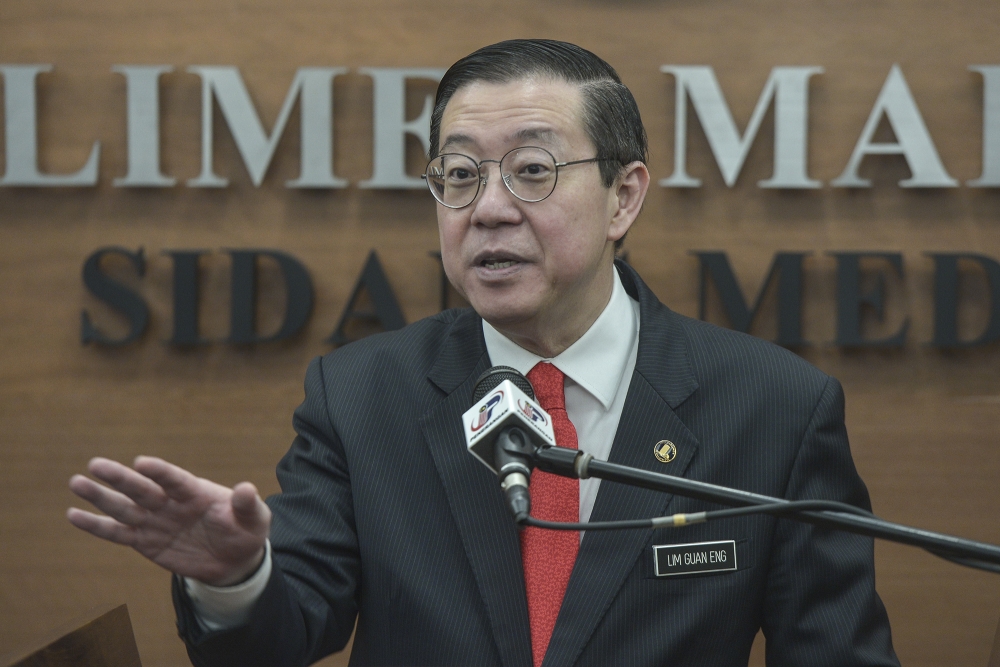
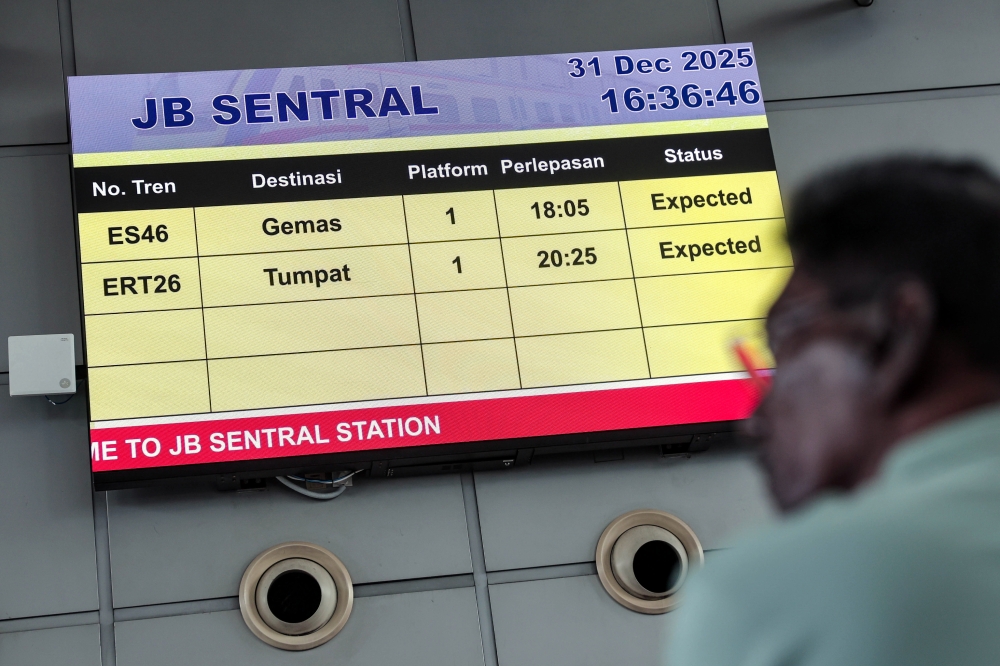
.jpg)


